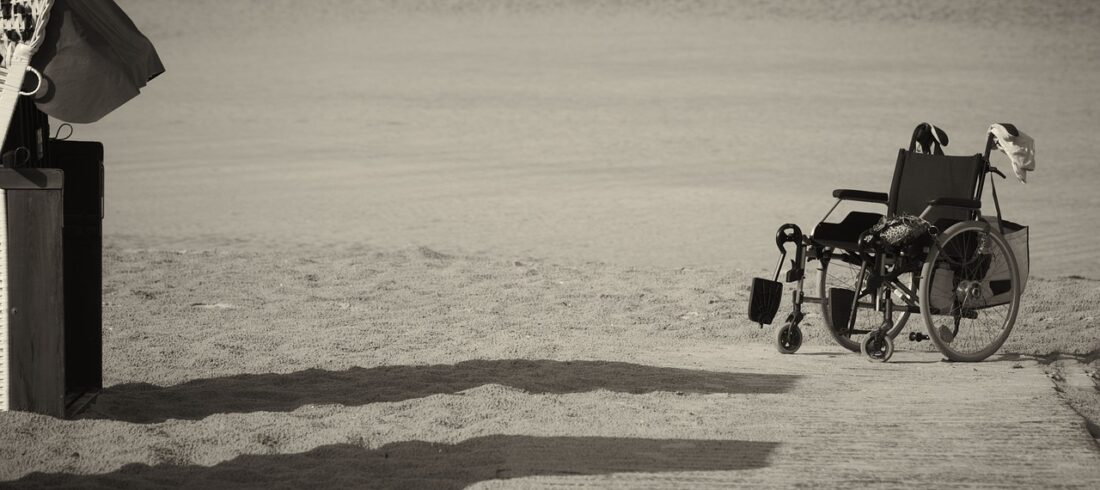Imagine entrusting your elderly mother with Alzheimer’s to a nursing home, only to learn she was seriously injured after wandering into the room of another resident. This heartbreaking scenario is all too common in Texas.
While some resident altercations may be unpreventable, nursing homes have a duty to assess residents’ risks and implement proper safety interventions, especially for those with known wandering behaviors due to dementia or cognitive impairments.
A recent Texas appellate case, Justin I Enterprises, LLC v. Gierczak, No. 02-24-00363-CV (Tex. App.–Fort Worth Jan. 23, 2025), examines one aspect of nursing home negligence litigation: the role of expert testimony in establishing the standard of care and how it was breached.
Facts & Procedural History
The decedent, Josephine, was admitted to a nursing home operated by the plaintiff to assist with daily living activities. The nursing home was aware the decedent suffered from dementia but allegedly failed to provide appropriate care and monitoring. This failure allowed the decedent to wander into another resident’s room, where she was assaulted, resulting in injuries that ultimately led to her death.
The decedent’s daughter, who was likely the appointed guardian, Katy, filed suit individually and on behalf of her mother’s estate against the nursing home. Katy claimed that the nursing home was negligent in failing to properly supervise the decedent and provide reasonable care, allowing her to suffer falls and assaults. Katy alleged that the nursing home was vicariously liable for its staff’s actions and directly liable for failing to train and supervise staff.
As required under the Texas Medical Liability Act (“MLA”) for health care liability claims, Katy served an expert report by Dr. Marty Lee Schmidt. The report focused on how the nursing home failed to address the increased risks posed by the decedent’s dementia and known wandering behaviors. The nursing home objected to the report, arguing Dr. Schmidt was not qualified to opine on the standard of care for nursing homes. The trial court overruled this objection.
Proving Nursing Home Negligence Through Expert Testimony
In nursing home negligence cases, proving that a facility failed to meet the standard of care often requires expert testimony. This is particularly true in cases involving residents with cognitive impairments, where the appropriate level of supervision and intervention may not be obvious to lay jurors.
Expert witnesses serve several crucial functions in these cases:
- Establishing the Standard of Care: Experts explain what reasonable steps a nursing facility should have taken under the circumstances, such as implementing wandering precautions, conducting proper assessments, or providing adequate staffing levels.
- Identifying Breaches: They analyze how the facility’s actions or omissions fell short of accepted practices, such as failing to properly monitor high-risk residents or not implementing appropriate safety measures.
- Demonstrating Causation: Experts help connect the facility’s failures to the resident’s injuries by explaining how proper interventions could have prevented the harm.
In the Gierczak case, expert testimony was particularly important to establish how the nursing home’s failure to address the decedent’s known wandering behaviors fell below the standard of care. However, this raised the question as to who is qualified to provide such expert testimony?
When Can Physicians Opine on Nursing Home Standards of Care?
The key issue on appeal was whether Dr. Schmidt adequately demonstrated he was qualified to provide an opinion on the applicable standard of care for the nursing home’s nursing staff.
Under the MLA, physician experts offering opinions in suits against health care providers must establish their qualifications and familiarity with the relevant standard of care. A physician need not specialize in the particular field at issue to qualify as an expert witness on nursing standards of care. The inquiry is whether the physician’s expertise goes to the very matter on which they are opining.
A physician may be qualified to offer such an opinion if they:
1) State they are familiar with the standard of care and responsibilities for that category of non-physician provider; and
2) Have experience working with, interacting with, and supervising that category of provider.
Applying this test, the appeals court analyzed whether Dr. Schmidt’s report provided sufficient specific facts to support his claimed qualifications.
Establishing Physician Qualifications to Opine on Nursing Standards
In reviewing Dr. Schmidt’s report, the court found he provided enough factual detail to demonstrate his qualifications to opine on the nursing standard of care at issue, based on:
– 70% of his primary care practice involving adult and geriatric patients.
– His experience treating skilled nursing facility residents on an outpatient basis.
– His extensive experience with dementia patients who wander, having treated over 100 such patients, making him familiar with interventions nursing staff should implement to prevent wandering.
– His experience writing orders for nursing staff on monitoring and preventing wandering behaviors and supervising nurses in executing those orders.
While acknowledging Dr. Schmidt could have provided more details, the court found his report went beyond mere conclusory statements of familiarity with the relevant nursing standards. By articulating his experience treating patients with conditions similar to the decedent’s, his knowledge of interventions for preventing wandering, and his experience directing nursing staff in this area, Dr. Schmidt’s report provided an adequate factual basis for his qualifications to opine on the standard of care in this case.
The Takeaway
This case provides guidance on expert qualifications under the MLA. Physician expert reports must sufficiently detail relevant experience to support opinions on nursing standards of care. Conclusory statements of familiarity alone will not suffice. The report should explain how the expert’s medical practice and interactions with nursing staff inform their knowledge of the particular standard of care at issue.
Do you need help with a probate matter in San Antonio or the surrounding area? We are San Antonio probate attorneys. We help clients navigate the probate process. Call today for a free confidential consultation, (210) 239-8518.
Our San Antonio Probate Attorneys provide a full range of probate services to our clients, including helping with claims for decedents. Affordable rates, fixed fees, and payment plans are available. We provide step-by-step instructions, guidance, checklists, and more for completing the probate process. We have years of combined experience we can use to support and guide you with probate and estate matters. Call us today for a FREE attorney consultation.
Disclaimer
The content of this website is for informational purposes only and should not be construed as legal advice. The information presented may not apply to your situation and should not be acted upon without consulting a qualified probate attorney. We encourage you to seek the advice of a competent attorney with any legal questions you may have.


